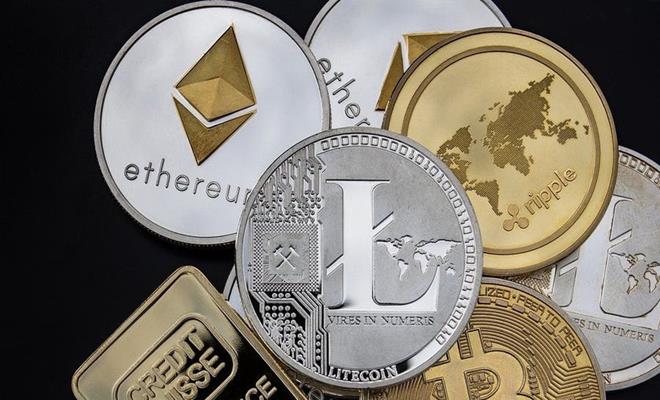
What is cryptocurrency?
🚀 Introduction: A New Era of Money
Cryptocurrency is transforming the world of finance as we know it. Unlike traditional currencies controlled by central banks, cryptocurrencies are digital assets powered by cryptography and decentralized technology. They enable secure, transparent, and borderless transactions — all without the need for intermediaries like banks. 🌍💸
🔐 How Does Cryptocurrency Work?
At the heart of every cryptocurrency is blockchain technology — a digital ledger distributed across a global network of computers, or nodes. Each transaction is verified, encrypted, and recorded in a block. Once filled, the block is added to the chain of previous blocks, creating a tamper-proof record of every transaction ever made. 🧱
This decentralized structure ensures that no single entity has control. It provides three major benefits:
- Security 🔒: Transactions are encrypted and protected against fraud.
- Transparency 👁️: Every transaction is visible to anyone on the blockchain.
- Immutability 🛡️: Once recorded, transactions cannot be altered or deleted.
💡 Key Features of Cryptocurrency
- Decentralization 🌐: No central authority governs cryptocurrencies.
- Security 🔐: Advanced cryptographic techniques keep data safe.
- Transparency 📖: Public ledgers allow anyone to verify transactions.
- Limited Supply 📉: Many coins, like Bitcoin, have a maximum supply (21 million BTC).
- Global Access 🌎: Send and receive money instantly across borders.
- Ownership 👤: Users have full control over their funds with private keys.
💸 Top Cryptocurrencies You Should Know
The crypto market is vast, but here are some of the most prominent digital currencies:
- Bitcoin (BTC) 🥇: The first and most valuable cryptocurrency, known as digital gold.
- Ethereum (ETH) 🧠: The pioneer of smart contracts and decentralized applications (dApps).
- Ripple (XRP) 🌐: Designed for fast, low-cost international payments.
- Litecoin (LTC) ⚡: A lightweight and faster alternative to Bitcoin.
- Cardano (ADA) 🌱: Focused on sustainability, scalability, and academic research.
- Solana (SOL) ⚙️: Known for high-speed transactions and low fees.
📊 How to Buy and Store Cryptocurrency
Getting started with crypto is easier than ever. Follow these steps:
- Choose a Crypto Exchange 🏦: Popular platforms include Binance, Coinbase, and Kraken.
- Create an Account 👤: Complete KYC (Know Your Customer) verification.
- Buy Crypto 💵: Use your bank card, transfer, or peer-to-peer trading to purchase coins.
- Store in a Wallet 🔐: Choose between:
- Hot Wallets: Internet-connected (convenient but more exposed to hacks).
- Cold Wallets: Offline storage like hardware wallets or paper wallets (safer).
⚠️ Risks and Considerations
While crypto offers massive potential, it’s not without risk. Here are some key things to consider:
- Volatility 📈📉: Prices can fluctuate wildly within hours.
- Regulatory Uncertainty 🧾: Governments are still developing laws around crypto.
- Security Threats 🕵️: Phishing, scams, and hacks are common — stay vigilant.
- Irreversible Transactions: Once a transaction is made, it can’t be undone.
- Lack of Insurance: Crypto isn’t insured like funds in a bank account.
🌟 The Future of Cryptocurrency
Cryptocurrency is not just about digital money — it represents a shift toward a more decentralized and inclusive financial system. 🚀
Innovations like Decentralized Finance (DeFi), Non-Fungible Tokens (NFTs), and blockchain-based identity systems are unlocking new possibilities. Even governments are joining the movement by exploring Central Bank Digital Currencies (CBDCs) 🏛️.
As adoption grows and technology evolves, crypto will continue to shape the future of how we exchange, store, and perceive value.
🎯 Final Thoughts
Cryptocurrency is more than a buzzword — it's a powerful innovation that’s rewriting the rules of finance. 💱 Whether you're a curious beginner, a tech lover, or an investor, learning the basics is the first step toward unlocking its potential.
Stay informed 📚, protect your assets 🔐, and embrace the journey — because the world of crypto is only just beginning. 🌍💡
📢 Disclaimer: This article is for informational purposes only and does not constitute financial advice. Always do your own research (DYOR) before investing in cryptocurrencies.